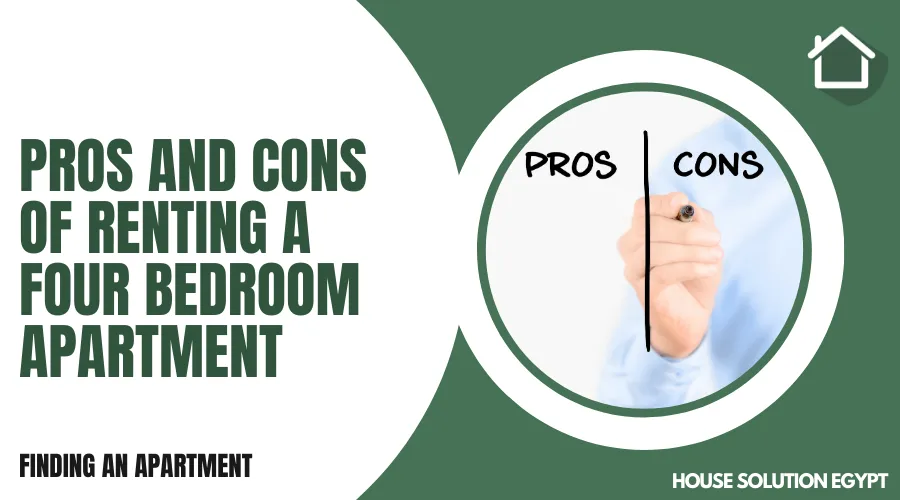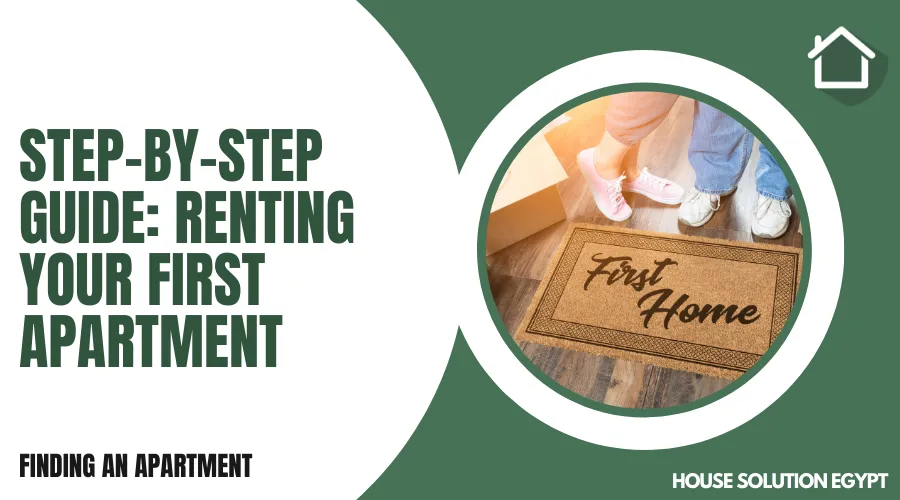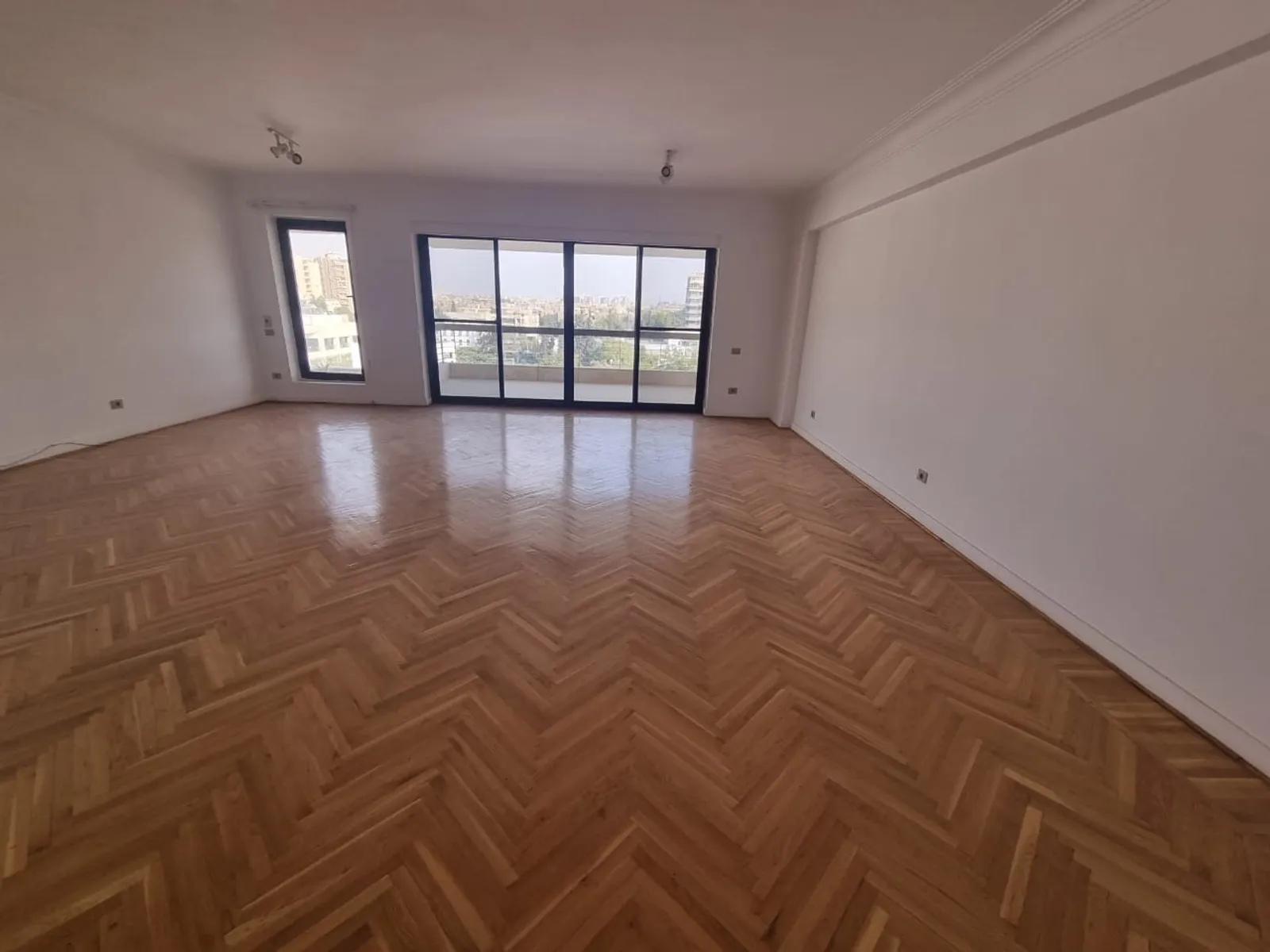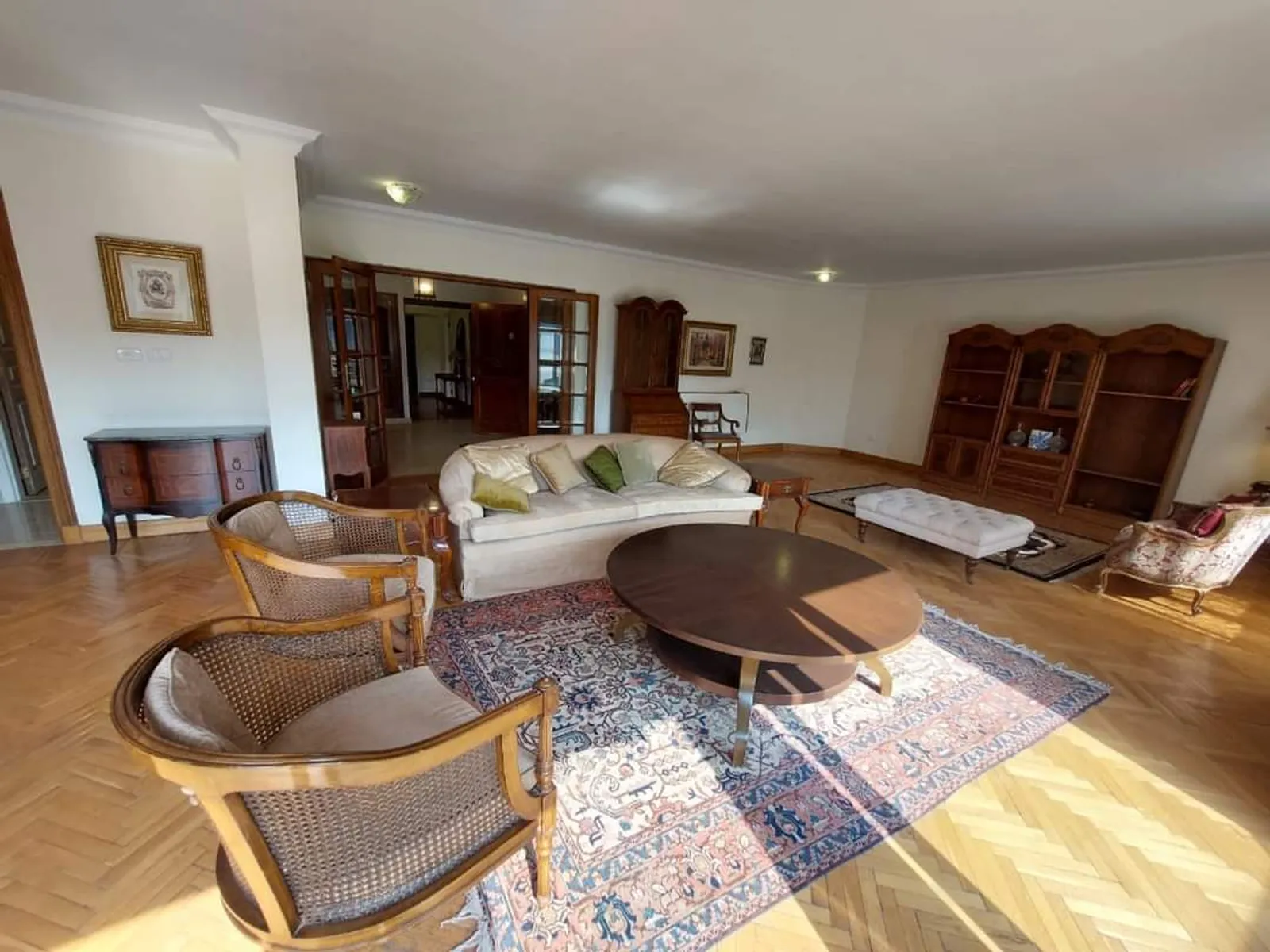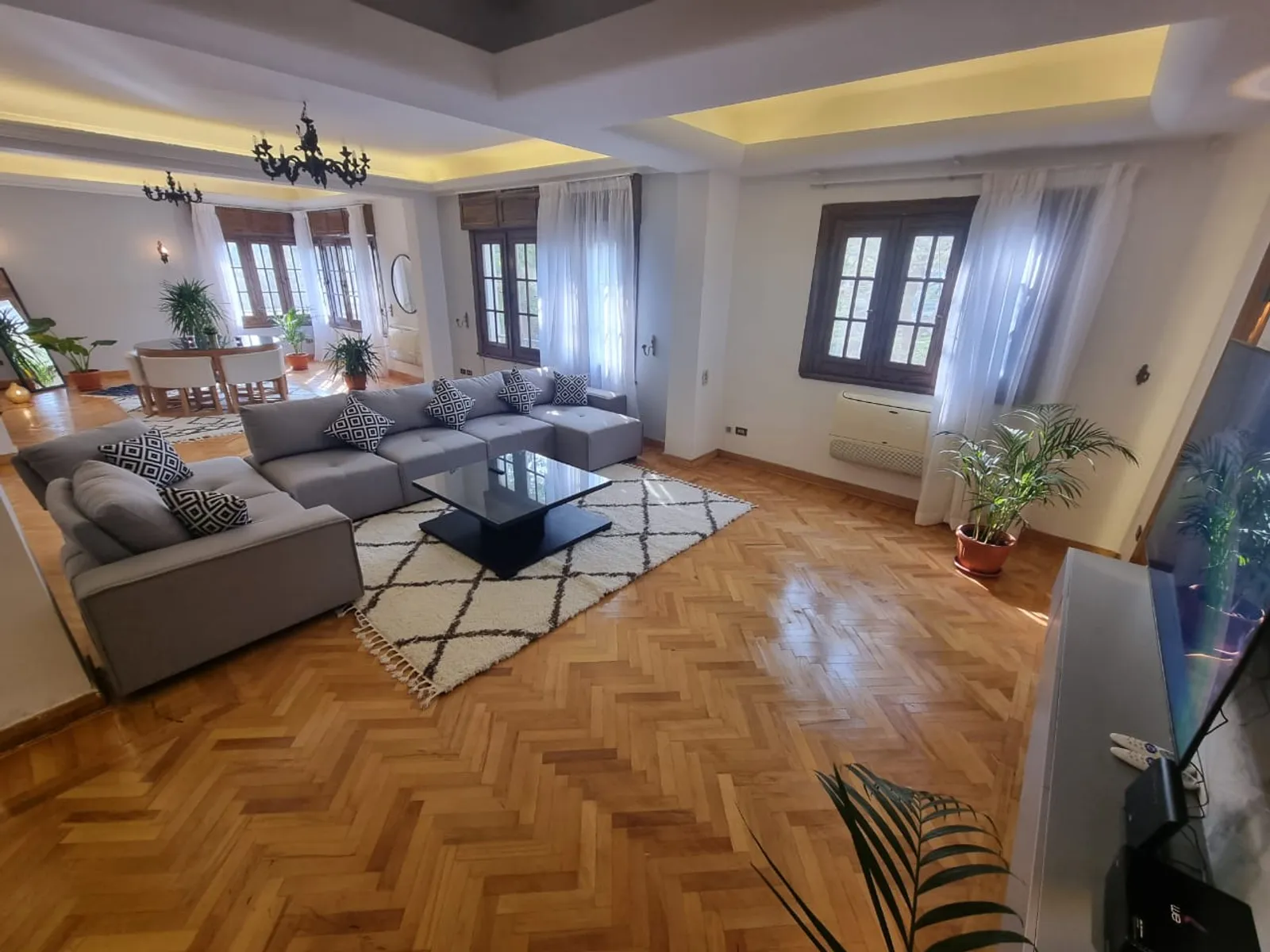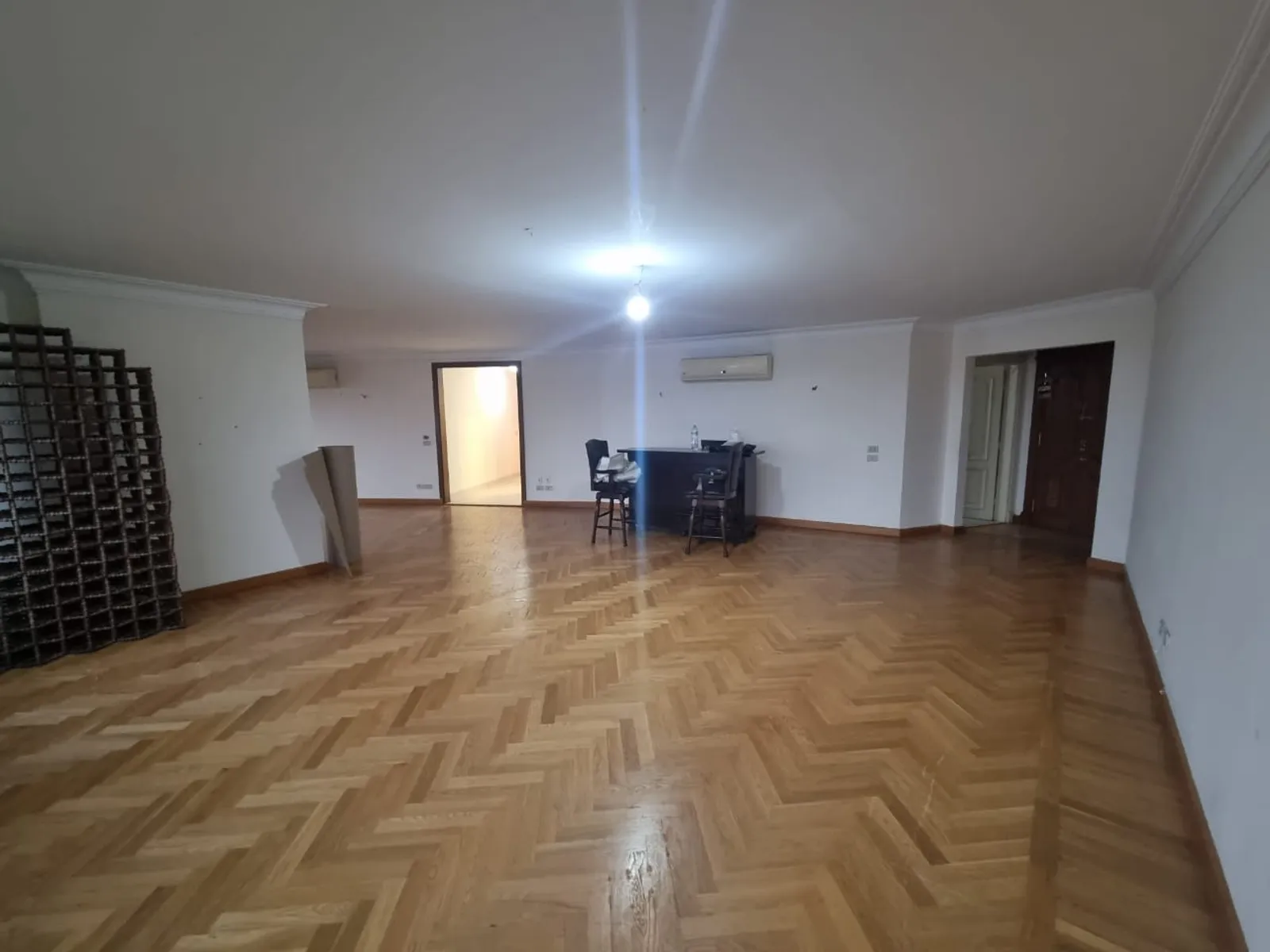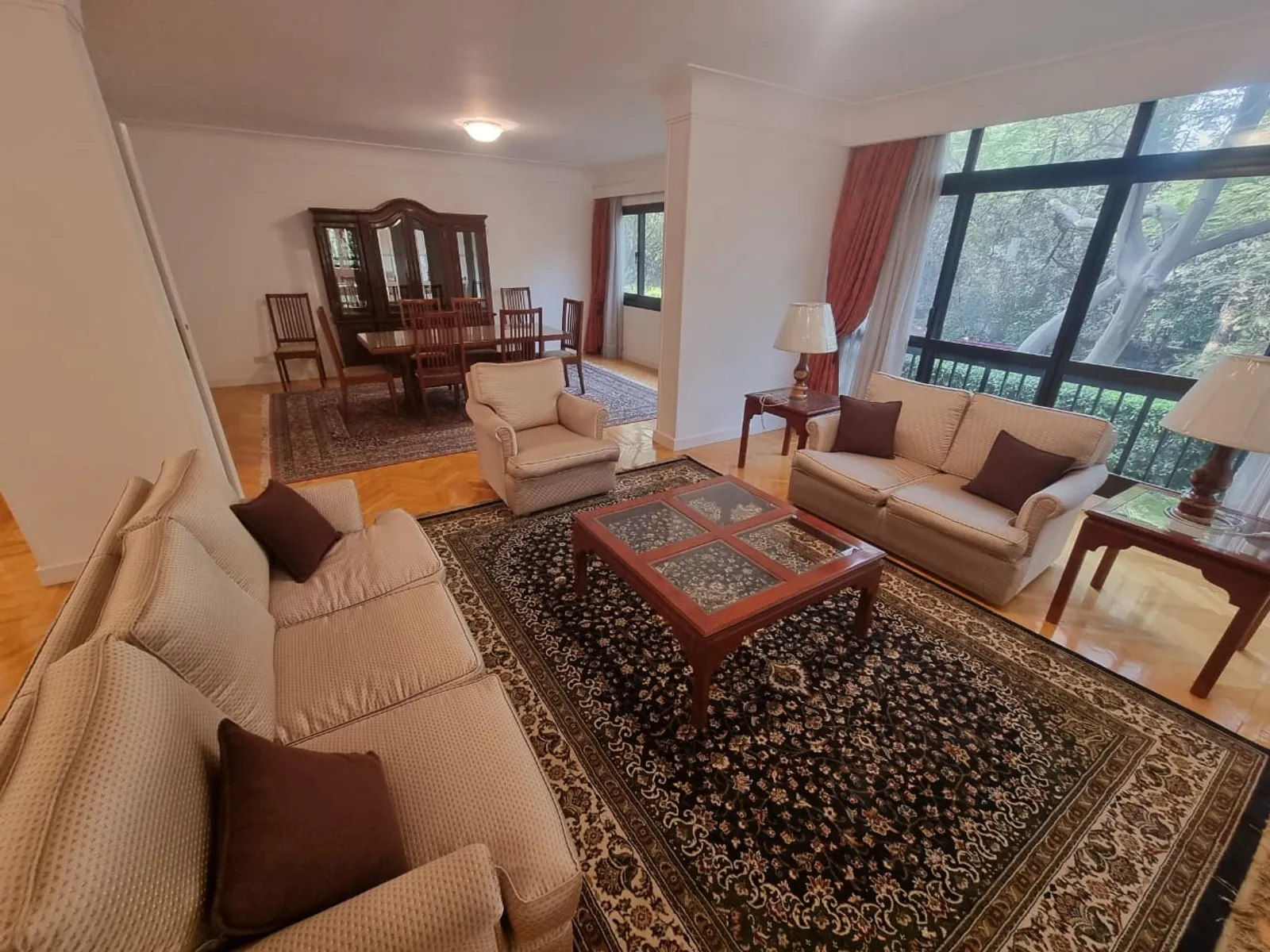10 CLUES TO AVOID A TERRIBLE APARTMENT
Finding an Apartment|9.7 MIN READ|Updated on: 22 September 2025|Written by: Marwa Samir
Clue #1: Examine the Listing
The first clue to avoiding a terrible apartment is to carefully examine the listing. This means you should read through the entire ad and look for any red flags. Is there a lack of photos or only blurry images provided? Does the description seem too good to be true or are there inconsistencies in the details? These are all warning signs that something may be off with the property.
Additionally, pay attention to how long the apartment has been on the market. If it's been listed for an extended period of time, it could be an indication that there is something wrong with it. It's also important to research the neighborhood and surrounding area before making a decision. Look up crime statistics and read reviews from locals to get a better understanding of what living in that area would really be like.
Overall, taking your time to thoroughly examine listings will help you avoid wasting your time on apartments that aren't worth considering. By doing your due diligence upfront, you can feel confident in making an informed decision about where you'll call home next.
Clue #2: Research the Area
Checking out the area around your potential apartment is a crucial step in avoiding a terrible living situation. Start by researching the crime rates in the neighborhood. If the rate of crime is high, it may not be worth risking your safety or that of your possessions. You can also investigate local schools, parks, and nearby attractions to determine if they align with your lifestyle and preferences.
Another key factor to consider when researching an area is transportation options. Look into public transportation routes and schedules to see if they are convenient for you. Additionally, check out the parking situation if you have a car. Is there ample street parking or do you need to rent a space? These factors can greatly impact your daily life and should not be overlooked during your apartment hunt.
Take note of any construction projects happening in the area. If there are major developments taking place nearby, it could lead to noise pollution and obstructed views from your apartment windows. By thoroughly researching the surrounding area before signing a lease, you can avoid unpleasant surprises that could make for a terrible living situation down the road.
Clue #3: Inspect Amenities
The amenities that come with an apartment can make a big difference in your overall living experience. Before signing a lease, be sure to inspect the amenities that are advertised and make sure they meet your expectations. If you're looking for a gym or pool, check to see if they're included in the rent or if there's an additional fee. Take note of the condition of these areas as well - are they well-maintained and clean?
Another important amenity to consider is parking. If you have a car, you'll want to make sure there's adequate parking available on-site or nearby. Check if it's free or if there's a fee associated with it. Similarly, laundry facilities are also an important consideration as not all apartments come with washers and dryers in-unit.
In addition to these basic amenities, take note of any extras that might be offered such as a rooftop terrace or communal lounge area. These spaces can add value to your living experience by providing additional social opportunities and relaxation spaces outside of your apartment unit. Ultimately, taking the time to inspect amenities will help you avoid disappointment down the line when moving into your new apartment.
Clue #4: Ask for Maintenance Records
Asking for maintenance records is a vital clue to avoid renting a terrible apartment. Landlords and property managers maintain their properties differently, and some may not have the best track record when it comes to maintaining their units. By requesting maintenance records, you can gain insight into how well the landlord or property manager takes care of their properties.
Maintenance records show whether repairs are done promptly or if they were ignored for an extended period, leading to more significant problems. It also lets you know what type of repairs the unit has had in the past and how often they were necessary. If there are frequent repairs in specific areas such as plumbing or electrical, it could be a red flag.
When viewing apartments, ask how quickly issues were resolved in previous tenants' units and whether any problems persisted even after repair attempts. With this information, you can make an informed decision about whether the apartment is worth your time and money.
Clue #5: Analyze Floor Plans
Analyzing floor plans is one of the most important aspects of choosing an apartment. Look carefully at the layout and consider how your furniture will fit into each room. Consider factors such as closet space, natural light, and ventilation, which can all impact your comfort in the space. It's also important to evaluate if there are any odd or wasted spaces that could make it more difficult to decorate or organize.
The flow of the apartment is another key factor to consider when analyzing floor plans. Think about whether you'll have easy access to all areas of the apartment and if there are potential bottlenecks or awkward transitions between rooms. Also, pay attention to where common spaces such as living rooms and dining areas are located in relation to bedrooms and bathrooms.
Keep in mind any restrictions on making changes to the space, such as not being able to install shelving or move walls. A thorough analysis of a floor plan can help you avoid renting a poorly designed apartment that will be frustrating and uncomfortable for you over time.
Clue #6: Check Out Neighbors
One of the most overlooked aspects when scouting for an apartment is checking out the neighbors. Although it may seem tedious, it can be a crucial step in avoiding a terrible experience. Start by observing how well-maintained their units are and how they treat common areas. If you notice that there is always trash lying around or have overgrown lawns, then that’s a clear sign of poor management.
Another aspect to note is whether your potential neighbors are noisy or not. While some people don't mind living near loud individuals, others may find it unbearable. Take time to visit the property at different times of day and night to get an idea of what noise levels are like. Furthermore, check online reviews about your potential landlord and see if any complaints were raised regarding neighbors’ behavior.
Pay attention to any red flags such as suspicious activity or people entering and leaving at odd hours regularly. Your safety should be a priority; hence you need not overlook anything that raises concerns about your security and well-being in the long run- it's better safe than sorry!
Clue #7: Review Lease Terms
When you're considering renting an apartment, it's essential to review the lease terms thoroughly. As a tenant, you'll be legally bound by the lease agreement, so it's crucial to understand all of its clauses and provisions. Some key elements you should pay attention to include the rental price, security deposit requirements, renewal terms, pet policies, and any penalties for breaking your lease early.
Make sure you read through all of these sections carefully and that they align with what has been verbally communicated to you during viewings or negotiations. If there is anything in the lease that doesn't seem fair or reasonable, don't hesitate to ask for clarification or negotiate with your landlord before signing.
It's also a good idea to review any addendums or attachments related to utilities, parking spaces, or other amenities that may not be explicitly covered in the main lease agreement. By doing this due diligence upfront, you can avoid any unpleasant surprises down the line and ensure that your living experience is as smooth as possible.
Clue #8: Be Aware of Odors
Odors can be a big problem in apartments. The smell of cigarette smoke, pet urine, mold, and mildew can linger for a long time and be difficult to get rid of. If you notice any unpleasant smells during your apartment viewing, it's important to take note of them and ask the landlord about their cause.
One way to detect odors is by using your sense of smell. However, sometimes we become desensitized to certain smells if we are exposed to them frequently. It's also worth noting that some people have a stronger sense of smell than others. If you're unsure about whether there are any lingering odors in an apartment, consider bringing along a trusted friend or family member who has a good sense of smell.
Another clue to watch out for is the use of air fresheners or other odor-masking products. While these products may make an apartment seem fresher and cleaner initially, they can also be used to mask underlying smells that could indicate bigger problems such as mold or mildew. It's always better to address the root cause rather than try to cover up the symptoms with artificial scents.
Clue #9: Consult Reviews & Ratings
Consulting reviews and ratings is a crucial step in apartment hunting. Before signing the lease agreement, it's essential to know what previous tenants had to say about the property management, maintenance, and overall living experience. Checking reviews on various platforms such as Google, Yelp, or ApartmentRatings can give you an idea of the pros and cons of living in that particular complex.
It's important to read through both positive and negative reviews carefully. While some may rave about exceptional amenities or great staff, others may complain about noisy neighbors or slow response times from maintenance teams. Look for common themes among reviews to get a better understanding of potential issues.
Don't forget to take ratings into account as well. A high rating doesn't necessarily mean everything is perfect, but it does suggest that most residents are satisfied with their living experience at that complex. On the other hand, a low rating may indicate problems with management or maintenance that would make your stay uncomfortable.
Clue #10: Listen to Intuition
Your intuition is a powerful tool that can help guide you in making important decisions, such as choosing the perfect apartment. When searching for an apartment, it's essential to listen to your gut feeling and pay attention to any subtle warning signs. If something doesn't feel right or seems too good to be true, it probably is.
For example, if you get a negative impression from the landlord during your first visit, don't ignore it. Your intuition may be trying to warn you of potential issues with the landlord or property management company. Similarly, if there are weird smells or strange noises coming from the surrounding apartments or neighborhood, take note of them.
By listening to your intuition and being aware of these warning signs early on in your apartment search process, you can avoid ending up in a terrible living situation that will cause unnecessary stress and inconvenience down the line.
Conclusion
In conclusion, finding the perfect apartment can be a challenging task for anyone. However, with a little bit of research and careful consideration, you can avoid making some common mistakes that often lead to terrible living situations. Remember to check out the neighborhood before committing to an apartment complex and ask around for any red flags or warning signs from former tenants.
Another important factor is to take your time when viewing potential apartments. Make sure you inspect every corner of the unit, including closets and cabinets. Additionally, don't forget about asking questions about anything that concerns you such as pests, noise levels, or maintenance requests.
Ultimately, by following these 10 unmistakable clues on what to avoid in an apartment rental situation and being patient during your search process, you will increase your chances of finding a comfortable living space that meets all your needs and expectations.
